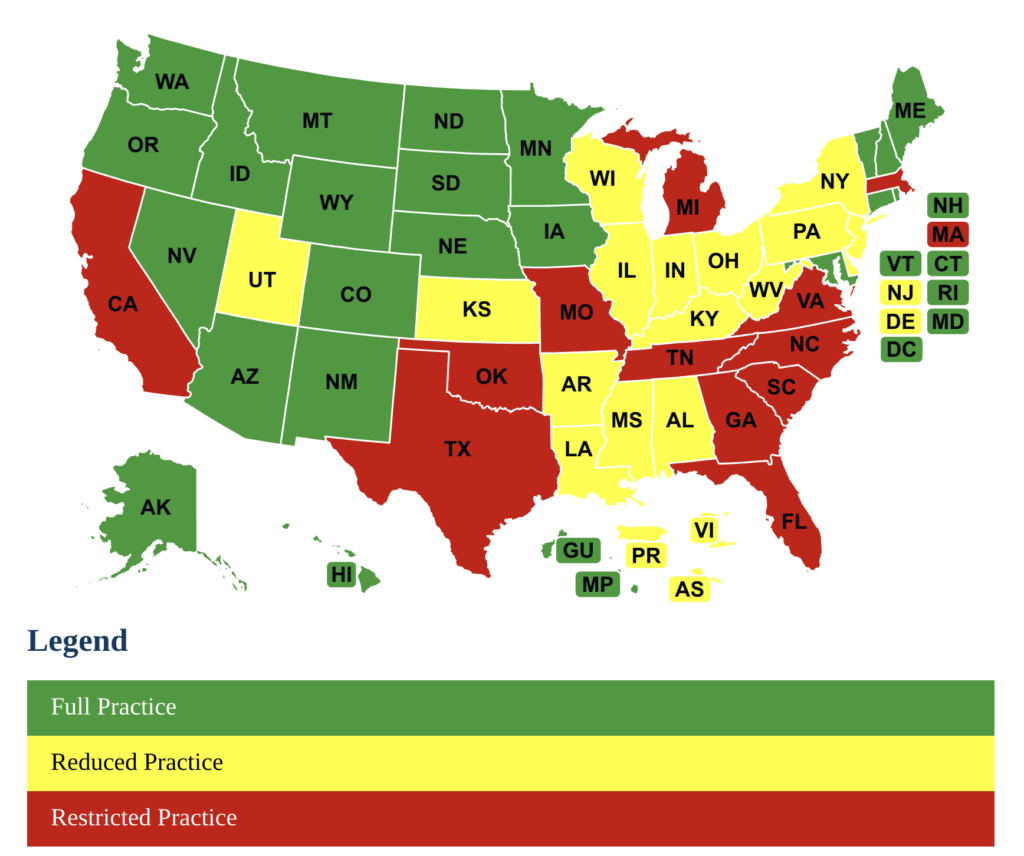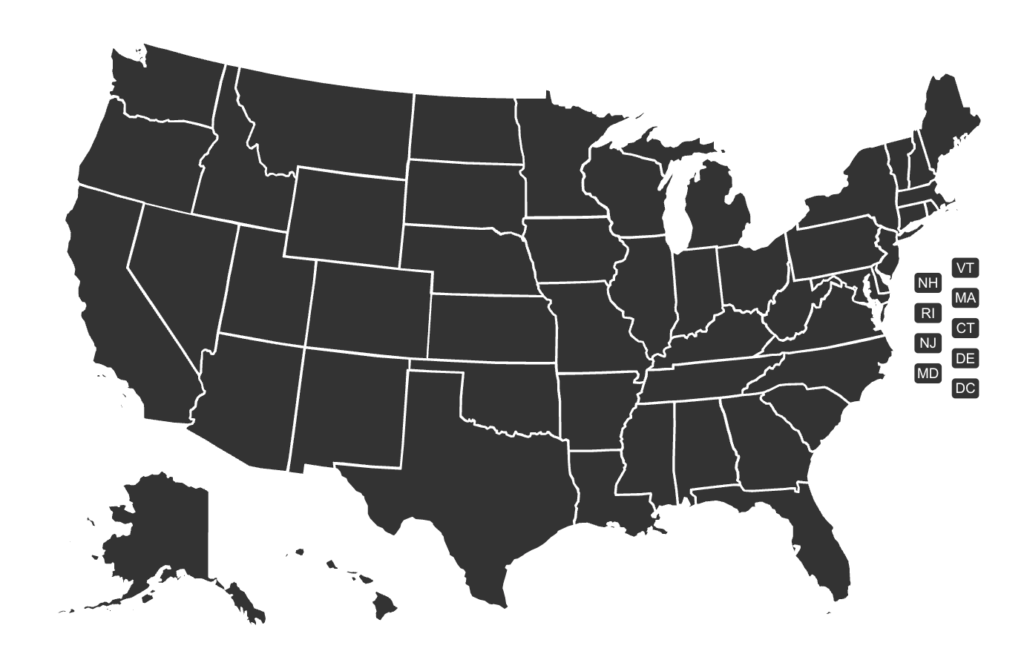Landing a nurse practitioner residency program is a pivotal milestone in any nurse practitioner’s or medical professional’s career. With acceptance rates highly competitive—some nurse practitioner residencies accept fewer than 10% of applicants, according to data from the American Association of Colleges of Nursing (AACN)—crafting a strong personal statement is crucial. A well-written residency personal statement can be the key factor that sets an applicant apart from equally qualified peers.
In this guide, you’ll find example excerpts taken from 20 sample residency personal statements that helped candidates secure spots in competitive programs. We’ll also break down what makes a personal statement successful and offer practical tips for writing your own compelling narrative.
What Makes a Strong Residency Personal Statement?
A residency personal statement should serve as a clear, concise, and authentic reflection of your professional journey, motivations, and aspirations. A strong statement typically includes:
- Personal Motivation: A compelling story or reason behind choosing the specialty
- Professional Experience: Specific clinical experiences that influenced career goals
- Skills and Strengths: Highlighting relevant strengths with real examples
- Program Fit: A clear explanation of why the applicant is a good match for the specific program
- Future Goals: How the residency aligns with long-term career aspirations
Crafting a compelling personal statement requires more than simply recounting your experiences. It demands reflection, focus, and a clear narrative that captures your unique journey and aspirations. Before reviewing real examples, it's helpful to understand the key principles behind writing a strong residency statement.
General Tips for Crafting Your Statement
Before diving into examples, here are a few important writing strategies:
- Be Authentic: Committees can easily spot generic or insincere statements.
- Stay Focused: Stick to 750-850 words unless the program specifies otherwise.
- Use Specific Examples: Instead of saying “I am passionate about family care,” describe a formative patient interaction.
- Tailor to the Program: Mention specific features about the residency that appeal to you.
- Edit Thoroughly: Grammar and clarity matter. Ask mentors or colleagues for feedback.
Now that you understand the foundational strategies for writing a standout residency personal statement, let’s take a closer look at real examples that helped applicants successfully match with competitive programs. Use these examples as inspiration while crafting your own unique story.
20 Residency Personal Statement Examples that Matched
Here are real-world examples of personal statements that successfully matched candidates to their desired residency programs. (Names and identifying details have been removed or altered slightly for confidentiality.)
1. Family Nurse Practitioner Residency
“Growing up in a rural community where access to healthcare was limited inspired my commitment to providing comprehensive primary care. I seek to continue this mission by becoming a family nurse practitioner who advocates for rural populations.”
2. Acute Care Nurse Practitioner Residency
“My clinical rotations in the ICU fueled my passion for acute care. I thrive in fast-paced environments where critical thinking and compassion intersect, and I am eager to refine these skills through an acute care residency.”
3. Psychiatric-Mental Health NP Residency
“After volunteering at a mental health crisis center during nursing school, I realized my deep interest in supporting individuals through complex mental health challenges. A PMHNP residency will allow me to develop the skills necessary to address mental health disparities in underserved communities.”
4. Pediatric NP Residency
“Caring for children on the oncology floor taught me resilience, compassion, and the importance of family-centered care. Pursuing a pediatric residency will help me provide holistic, empathetic care to young patients and their families.”
5. Emergency Medicine NP Residency
“The adrenaline of emergency medicine excites me, but it is the opportunity to provide stability during moments of crisis that truly drives my passion. I look forward to honing my skills in triage and rapid decision-making through an EM residency.”
6. Women’s Health NP Residency
“During my OB-GYN rotation, I recognized a calling to empower women through education, preventive care, and compassionate clinical practice. A women's health residency will allow me to deliver comprehensive care across the lifespan.”
7. Cardiology NP Fellowship
“When my grandfather suffered a myocardial infarction, I realized the critical role of cardiovascular health and prevention—sparking my dedication to cardiology care. I am committed to advancing my expertise in cardiac patient management.”
8. Oncology NP Residency
“Oncology patients’ resilience and optimism, even during difficult treatments, have inspired my commitment to this field. I seek to deepen my clinical knowledge and emotional resilience through an oncology-focused residency program.”
9. Geriatric NP Residency
“My experience working in long-term care facilities highlighted the importance of holistic, dignity-focused care for the elderly. I am determined to specialize in geriatric care and advocate for aging populations through advanced practice.”
10. Critical Care NP Fellowship
“The fast-paced, multidisciplinary approach required in critical care settings aligns perfectly with my strengths and professional goals. A critical care fellowship will prepare me to confidently manage complex, high-acuity cases.”
11. Orthopedic NP Residency
“I developed a keen interest in musculoskeletal health during my surgical rotations, where restoring mobility directly improved patients’ quality of life. An orthopedic NP residency will allow me to combine surgical knowledge with patient-centered rehabilitation care.”
12. Pain Management NP Fellowship
“My time in a pain clinic opened my eyes to the necessity of balancing pain relief with responsible prescribing practices. A pain management fellowship will enable me to deliver compassionate, evidence-based care to patients coping with chronic pain.”
13. Primary Care NP Residency
“Primary care offers the unique opportunity to build lasting relationships and guide patients through every stage of health. I am excited to develop broad clinical expertise and promote preventive care through a primary care residency.”
14. Neurology NP Fellowship
“Caring for patients with complex neurological conditions challenged and enriched my clinical reasoning skills, sparking a passion for neurology. I aim to contribute to advancements in neurological patient care and research.”
15. Infectious Disease NP Residency
“My interest in infectious disease grew during global health rotations, witnessing firsthand the impact of timely interventions on community health. An infectious disease residency will enhance my ability to manage complex infections with global implications.”
16. Hospice and Palliative Care NP Residency
“Providing end-of-life care taught me that compassion, presence, and effective symptom management are critical to honoring patients’ final journeys. I seek a hospice and palliative care residency to deepen these essential skills.”
17. Surgical NP Residency
“The operating room’s structured, high-stakes environment drew me to surgical practice, where every decision has a profound impact. A surgical residency will help me refine both technical proficiency and perioperative patient care.”
18. Dermatology NP Residency
“During my dermatology rotation, I was amazed at how skin health often reflects deeper systemic conditions, driving my dedication to comprehensive care. A dermatology residency will expand my skills in both medical and cosmetic dermatology.”
19. Addiction Medicine NP Fellowship
“Witnessing the devastating effects of substance use disorders and the profound healing that recovery offers fueled my dedication to addiction medicine. I am committed to supporting recovery journeys through an addiction medicine fellowship.”
20. Community Health NP Residency
“Working at a free clinic highlighted disparities in healthcare access and strengthened my resolve to serve vulnerable populations. A community health residency will enable me to deliver equitable, culturally competent care.”
Final Tips for Success
Your personal statement is your opportunity to go beyond the resume. It should convey passion, commitment, and a clear understanding of your chosen specialty. Take the time to tailor each application and demonstrate why you are not only a strong candidate, but the right fit for the program's culture and mission.
Applying to competitive residency programs can feel overwhelming, but a thoughtful, authentic personal statement can open the door to incredible opportunities. By showcasing your unique experiences, reflecting genuine enthusiasm, and clearly articulating your goals, you can make a lasting impression that sets you apart in a highly competitive field.






